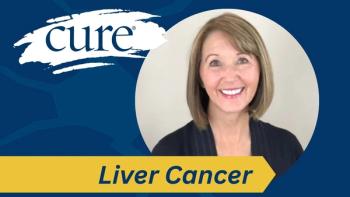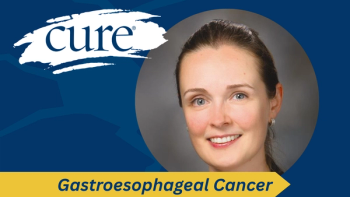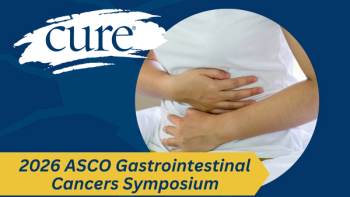
New Online Resources Provide Support to the Liver Cancer Community
The president and founder of Blue Faery: The Adrienne Wilson Liver Cancer Association discussed new initiatives and what’s on the horizon in the treatment of liver cancer.
After Andrea Wilson lost her 15-year-old sister Adrienne to hepatocellular carcinoma (HCC) in 2001, she formed Blue Faery: The Adrienne Wilson Liver Cancer Association to fight the disease through research and education — and to support those touched by it through advocacy.
Over the years, the nonprofit organization has grown as president and founder Wilson continues to spread the word about its mission. At the 2019 American Society of Clinical Oncology (ASCO) Annual Meeting, she discussed Blue Faery’s new initiatives and what’s on the horizon in the treatment of liver cancer.
CURE®: Can you briefly explain your experience with your sister’s cancer journey and how it inspired Blue Faery?
Wilson: My sister, whom I raised from the age of 8, was diagnosed with primary liver cancer, also known as hepatocellular carcinoma, at the age of 15. When she was diagnosed, she was already in stage 4 so the tumors had spread from her liver to her lungs, and she only lived for 147 days. That was in 2001.
I started Blue Faery about a year and a half after she passed away because at that time there were no other organizations in the United States doing anything specifically for HCC patients and caregivers. I knew the rate of liver cancer was going to rise in this country and I didn’t want anyone else to go through what we did.
Does Blue Faery have any new programs or initiatives for patients?
We have an online forum: our
What is the most exciting research in liver cancer that you’ve seen come out of this year’s ASCO meeting?
There are just so many
Where do you see the future of liver cancer and its treatment going?
I think the future for liver cancer, and for most solid tumor cancers, is going to be precision medicine. It’s going to be getting the genomic makeup of that person and finding out exactly what their individual tumor will respond to.
What is your biggest piece of advice for others facing a cancer diagnosis?
My first piece of advice is to get a second opinion and, in many cases, a third opinion. No matter how much you love your doctor, always get a second opinion. It’s very important with HCC that you see a specialist who sees HCC every day and most general oncologists in the community cancer centers do not.
Do you have any advice for caregivers?
To not give up. To not lose hope. But also to have a conversation with the patient about what they want. What they want to know, when do they want to know it, what their values are, especially if they’re family. I think it’s really important at the beginning to have that conversation, and maybe to even have the really scary death conversation and get it out of the way. That will help you make decisions about treatment in the future.
To learn more about Blue Faery or to get involved, visit




